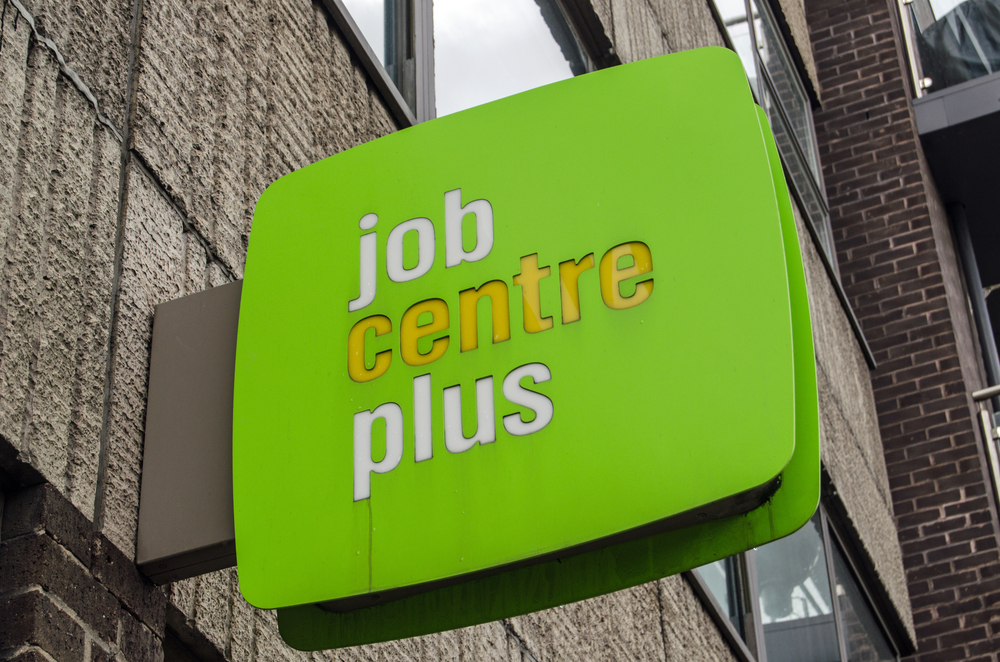Household Bills
Unemployment rises and jobless claims soar amid coronavirus lockdown

Unemployment in the UK rose by 50,000 to 1.3 million people in the three months to March, according to official figures.
The Office for National Statistics (ONS) said the unemployment rate was estimated to be 3.9%, 0.1 percentage points higher than a year earlier.
However, the employment rate for the period hit a joint-record high of 76.6%.
The ONS said a record 33.14 million people aged 16 and over were in employment, 448,000 more than a year earlier.
The data counts furloughed workers as employed and only takes into account one week of lockdown, which started on 23 March. Experts predict this could be the ‘calm before the storm’, and that April’s figures will be significantly worse.
Separate ONS data shows a surge in the number of people claiming unemployment benefit in the UK in April.
The claimant count rose by 856,500 to 2.1 million, its highest level since 1996.
Jonathan Athow, deputy national statistician at the ONS, said:“While only covering the first weeks of restrictions, our figures show COVID-19 is having a major impact on the labour market.
“In March employment held up well, as furloughed workers still count as employed, but hours worked fell sharply in late March, especially in sectors such as hospitality and construction.
“Through April, though, there were signs of falling employment as real-time tax data show the number of employees on companies’ payrolls fell noticeably, and vacancies were sharply down too, with hospitality again falling steepest.”
The ONS data shows job vacancies plummeted to 637,000 between February and April – 170,000 fewer than in the three months to January, the largest quarterly decrease since the ONS started collecting data in 2001.
Research published today by the Institute for Fiscal Studies (IFS) shows firms had stopped posting new vacancies almost entirely by the time the lockdown was announced, with new postings on 25 March 92% down on their levels in 2019.
It said there have been “some tentative signs” of recovery since mid-April, but this has been almost entirely driven by vacancies in health and social care.
Xiaowei Xu, a senior research economist at IFS, said: “Job vacancies almost completely dried up in March and are now only tentatively recovering in the health and social care sector and barely at all in other parts of the economy.
“Health and care jobs generally require a high level of training, which means that workers who have been furloughed or made unemployed will struggle to fill these jobs.
“For those who remain employed, the collapse in job vacancies will severely limit their ability to move between jobs, which is an important channel for wage progression especially among younger workers.”